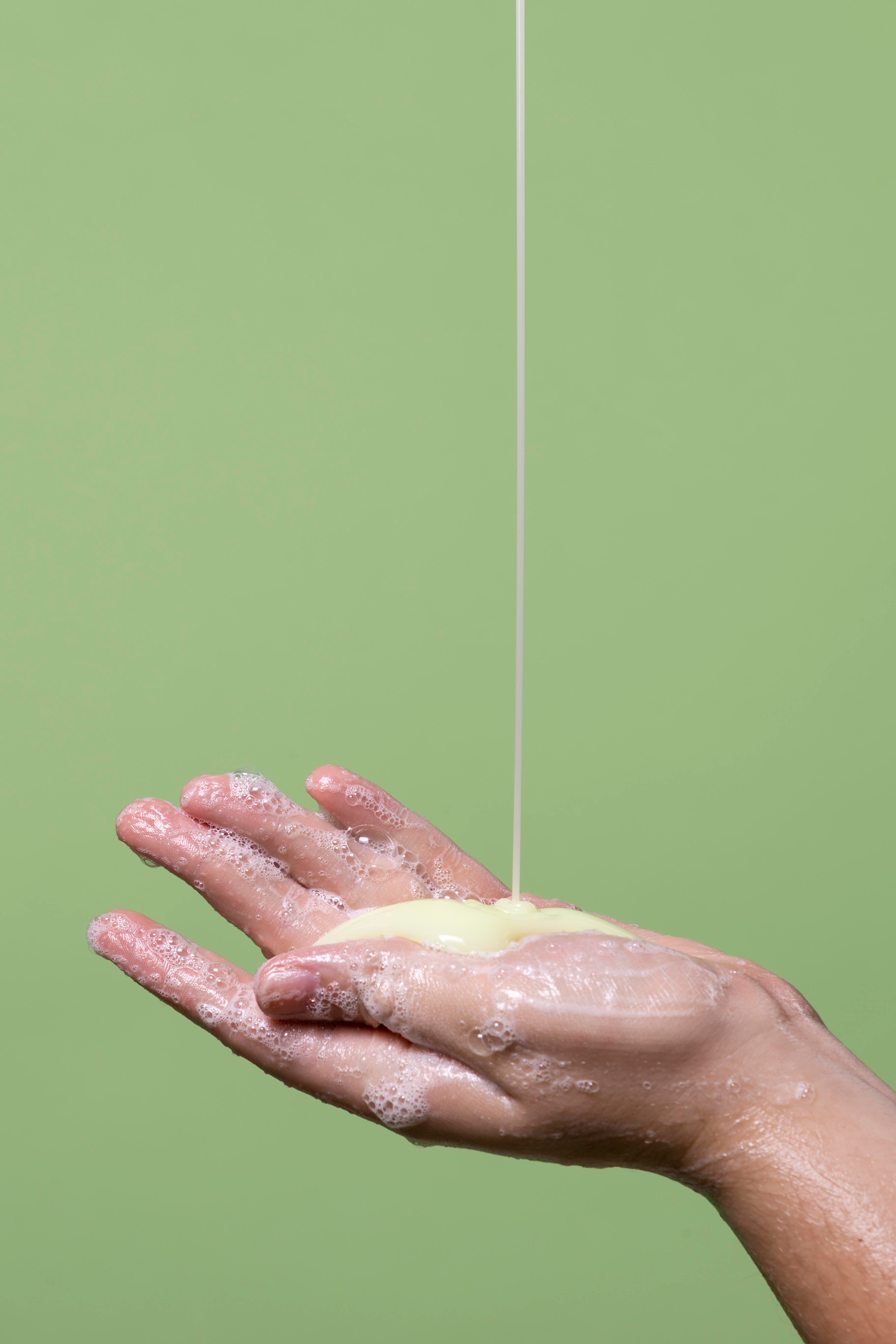Sulfur as an Alternative to Benzoyl Peroxide
Acne vulgaris is a prevalent skin condition affecting individuals across various age groups. Benzoyl peroxide (BPO) has long been a cornerstone in acne management due to its antibacterial properties and effectiveness in reducing lesions. However, recent concerns regarding potential benzene contamination in BPO-containing products have prompted both healthcare professionals and consumers to seek alternative treatments. Sulfur, a natural element with a historical presence in dermatology, emerges as a promising option.
Benzene Contamination in Benzoyl Peroxide Products
Benzene is a known carcinogen, and its presence in consumer products is a significant health concern. Recent studies have raised concern that certain BPO products may degrade into benzene under specific conditions. Additionally, the U.S. Food and Drug Administration (FDA) conducted tests on 95 acne products containing BPO, finding that a limited number exhibited elevated benzene levels, leading to voluntary recalls. While more studies are needed, if you prefer a benzoyl peroxide alternative, sulfur is a great option.
The Case for Sulfur in Acne Treatment
Sulfur has been utilized in dermatology for centuries, dating back to ancient civilizations. Its multifaceted properties include antibacterial, antifungal, and keratolytic effects, making it beneficial in treating various skin conditions, including acne, perioral dermatitis, and rosacea.
Sulfur works by reducing oil production, exfoliating dead skin cells, and unclogging pores, thereby minimizing acne formation. Sulfur is gentler than most acne washes making it a preferred choice for individuals who cannot tolerate harsher treatments. Moreover, sulfur's anti-inflammatory properties make it perfect for those with rosacea, hormonal acne, and perioral dermatitis. Sulfur is also pregnancy and breast feeding safe.
Conclusion
In light of recent findings regarding benzene contamination in benzoyl peroxide products, sulfur stands out as a natural and effective alternative for acne treatment. Its longstanding use in dermatology, coupled with its multifaceted therapeutic properties, makes it particularly suitable for individuals seeking a gentler option, including those dealing with hormonal or pregnancy-related acne. As always, it's crucial to consult with a dermatologist to tailor treatments to individual skin needs and to stay abreast of ongoing research in this evolving field.
References
-
U.S. Food and Drug Administration. (2025). Limited number of voluntary recalls initiated after FDA testing of acne products; benzene findings show more than 90% of products tested had undetectable or extremely low levels. Retrieved from https://www.fda.gov/drugs/drug-safety-and-availability/limited-number-voluntary-recalls-initiated-after-fda-testing-acne-products-benzene-findings-show
-
Mitchell, A. (2024). Benzoyl Peroxide Drug Products Form Benzene. Environmental Health Perspectives. Retrieved from https://ehp.niehs.nih.gov/doi/10.1289/EHP13984
-
Del Rosso, J. Q. (2010). Sulfur 5% Emollient Foam in the Treatment of Acne Vulgaris. Journal of Clinical and Aesthetic Dermatology. Retrieved from https://www.ncbi.nlm.nih.gov/pmc/articles/PMC2923965/
-
Gupta, A. K., & Nicol, K. (2004). The use of sulfur in dermatology. International Journal of Dermatology. Retrieved from https://www.espalibrary.eu/search/466/
-
American Academy of Dermatology. (2025). AAD on BPO in Acne Products: “Research is Ongoing”. Retrieved from https://thedermdigest.com/aad-on-bpo-in-acne-products-research-in-ongoing/
